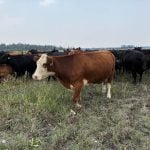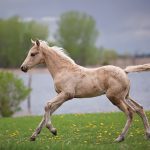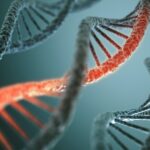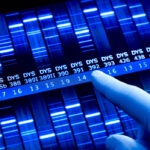Tissue samples for DNA testing in beef cattle can now be analyzed at the Global Institute for Food Security at the University of Saskatchewan.



Nanotechnology allows new research to target pests through RNA for precision treatments rather than chemcial spray

Horse Health: Genes are only part of the story of horse development and health

Proponents say gene editing will allow faster innovation. Opponents say it’s potentially dangerous and may undermine trust


The rules being floated are not science based or transparent

How genetic information can assist beef production decisions

